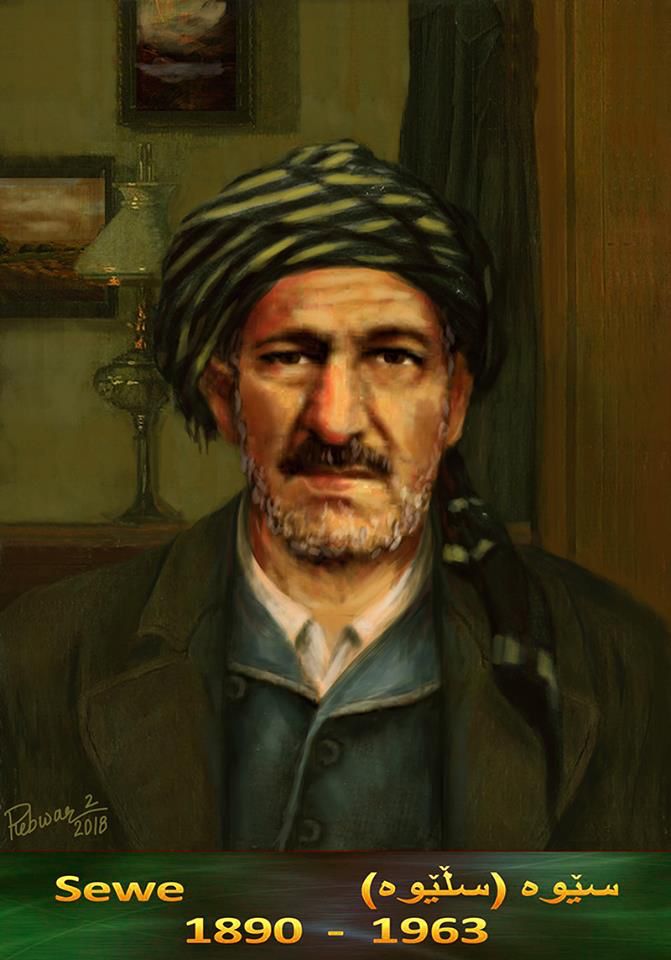The celebrated artist and maqam singer Sewa, whose full name was Sliwa son of Khwaja Yalda Sliwa, was born in 1890 in the Bafri Qandi neighborhood of Koya, a city in Iraqi Kurdistan. Growing up in a Kurdish Christian family, Sewa developed an early passion for art and literature, which would define his life and career.
Sewa’s artistic journey was deeply influenced by the works of Kurdish poets such as Haji Qadri Koyi, Akhtar, Qasid, Dildar, and Safi Hirani. Their poems, rich in themes of love, passion, sincerity, beauty, bravery, and resilience, resonated with him and became central to his creative endeavors. These themes, immortalized in Kurdish cultural heritage, formed the foundation of Sewa’s artistic expression.
Despite a life marked by pain and hardship, Sewa remained committed to his craft. In 1952, through the support of fellow artist Qader Dilan, he joined Kurdish Radio in Baghdad, where he recorded five maqams, earning recognition across Kurdistan. These recordings, which included “Sahar,” “Aysha Gul,” “Guli,” “Kharaman,” “Bahar,” and “Krasi Tange Mirem,” showcased his mastery of the maqam, a traditional Kurdish musical form.
Beyond these recorded pieces, Sewa composed and performed many other maqams that were never documented. One such unrecorded piece, the “Autumn Maqam,” poignantly reflects his emotional depth:
People of my brotherhood
I have reached autumn
What a poor autumn!
Where the tree of the ruined house
Casts its shadow on me
At the top of the arrow
If the door of that era
Is wounded by lions, by arrows
By snakes in this world
But my door is a strange snake
Wounded for a fourteen-year-old girl
Just returned from her early youth
Milk!
Sewa’s contribution to Kurdish music went beyond performance. His maqams, characterized by their literary depth and melodic intricacy, captured the essence of Kurdish life, chronicling social and political events with profound sensitivity. His powerful voice and refined musical sensibility elevated Kurdish maqams, creating a unique artistic style rooted in the cultural and natural landscapes of Kurdistan.
Sewa passed away on December 9, 1963, at the age of 73. Despite living in poverty, he left behind an enduring legacy of Kurdish melodies and songs. His iconic maqams, such as “Sahar,” “Guli,” “Aysha Gul,” “Bahar,” and “Krasi Shang Mirem,” continue to resonate, preserving the spirit of Kurdish culture for future generations.

